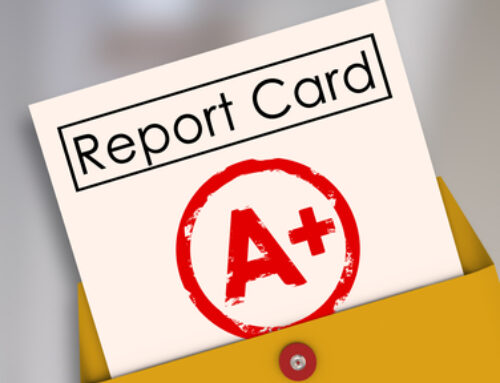 High school seniors across the country are breathing a sigh of relief. Having spent a significant part of the fall writing essays and filling out applications, most have now finished applying to college. If you applied regular decision, now you have to endure the long wait until decisions are released, which many colleges won’t do until mid- to late-March.
High school seniors across the country are breathing a sigh of relief. Having spent a significant part of the fall writing essays and filling out applications, most have now finished applying to college. If you applied regular decision, now you have to endure the long wait until decisions are released, which many colleges won’t do until mid- to late-March.
Just because you’ve hit the “submit” button on all of your applications, don’t assume that there’s nothing left to do but wait. In fact, there are some very important steps you need to take to ensure that your applications are complete and that you’ve done everything necessary to be considered not just for admission, but also for scholarships and financial aid.
Regularly check for emails from colleges. Even if you signed up to receive text messages when you applied, email is the most common way that colleges communicate with applicants. You don’t want to miss an important message about a missing piece of your application, an invitation to apply for a scholarship, an opportunity to interview, etc.
Check the status of your applications. Again, regularly checking your email is critical. Once you apply, many colleges will email you with information about how to set up an account to check your application status. Colleges won’t review applications until they are complete, so if anything is missing from your application, you should follow up to ensure that the college receives it. This might mean making sure your counselor sent a transcript, reminding a teacher to submit a recommendation letter, or ordering SAT or ACT scores if you forgot to do that. Generally speaking, as long as you submitted your application by the deadline, colleges won’t penalize you if your school submits something late or if your test scores are received a little after the deadline.
Send your mid-year grades. Many colleges require that you submit a mid-year report, which simply means a transcript with your first semester grades. Once those grades have been added to your transcript, request that your school send it to any colleges that require it.
Submit financial aid forms. Some colleges’ financial aid deadlines are the same as their application deadlines, whereas other schools’ financial aid deadlines are later. Make sure you know when each college’s deadline is, what forms are required, and that you submit them on time.
Apply for scholarships. As with need-based aid, some colleges have scholarship applications that are due after the deadline to apply for admission. Be careful to check and adhere to these deadlines so that you don’t miss out on any scholarship opportunities.
Follow up if you were deferred. If you applied early decision or early action and were deferred, it’s important to communicate with the college. Most colleges require deferred students to send mid-year grades, and some also ask students to complete a form with updates. If there’s nothing official that you have to fill out, email your assigned admissions counselor to reiterate your interest in the school and provide information about any accomplishments you’ve had since you applied. See this blog post for more information on what to do if you’ve been deferred.
Relax. Of course, this is easier said than done, but try not to spend the next few months gripped with anxiety about your college admissions decisions. Focus your attention on school, your activities, and your friends and family. After all, it’s your senior year, which means your time with many of the people you care about is limited, so make the most of it.





